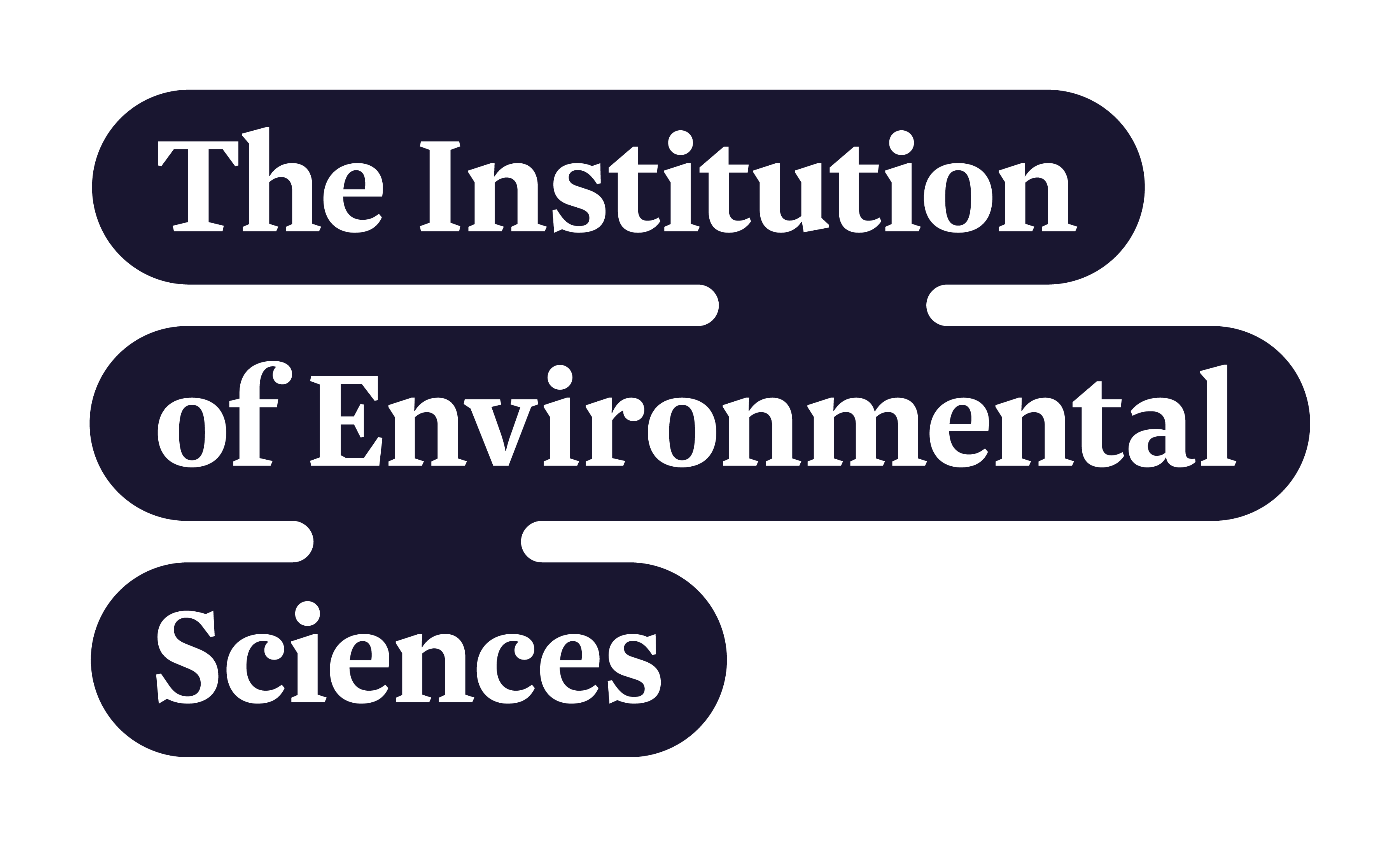Seeking Natural Justice

How we respond to matters of environmental justice in the present will shape our society well into the future, as the world grapples with the intensifying effects of climate change and countless other environmental pressures.
Exploring a range of environmental injustices - from the dumping of hazardous waste in a predominantly Black neighbourhood in Dallas, Texas, to disaster capitalism in Barbuda following Hurricane Irma - this edition sheds light on the inequalities inherent in environmental damage. Crucially, these articles also consider routes to attaining environmental justice: such as working with legal systems, engaging in civil disobedience, or creating innovative new ways to hold corporations and authorities to account for environmental wrongdoing. Ultimately, this issue of environmental SCIENTIST examines how – and if – environmental justice can be achieved, particularly for the most vulnerable communities on the front line of the climate crisis.
- The Aarhus Convention's new frontiers – Anna Berti Suman
- Pursuing environmental justice through the courts – Chris Packham & Carol Day
- Empowering Indigenous organisations through the ForestLink monitoring system in Madre de Dios, Peru – Ernesto F. Ráez Luna, Víctor Milla Quesada, Ana Osuna Orozco and Joe Eisen
- Shingle Mountain: one community's fight against a giant – Marsha Jackson
- Scientists to the rescue! – Alex McLaughlin
- The politics of environmental justice in Saint Lucia – Lavoutte Links Concerned Citizens Group
- Environmental justice and whistleblowing – Sybille Raphael
- What does the future hold for climate refugees? – Steve Trent
- Reflections on environmental justice in Ukraine – Iryna Babanina
- Disaster capitalism and climate change: exploiting vulnerability in the wake of Hurricane Irma on Barbuda – Elesha George
If you are an education provider, our learning resources provide information for informal, seminar-style discussions of the topics explored in each issue of the journal. Download the learning resource (docx) for this issue.
Volume: 33.3


